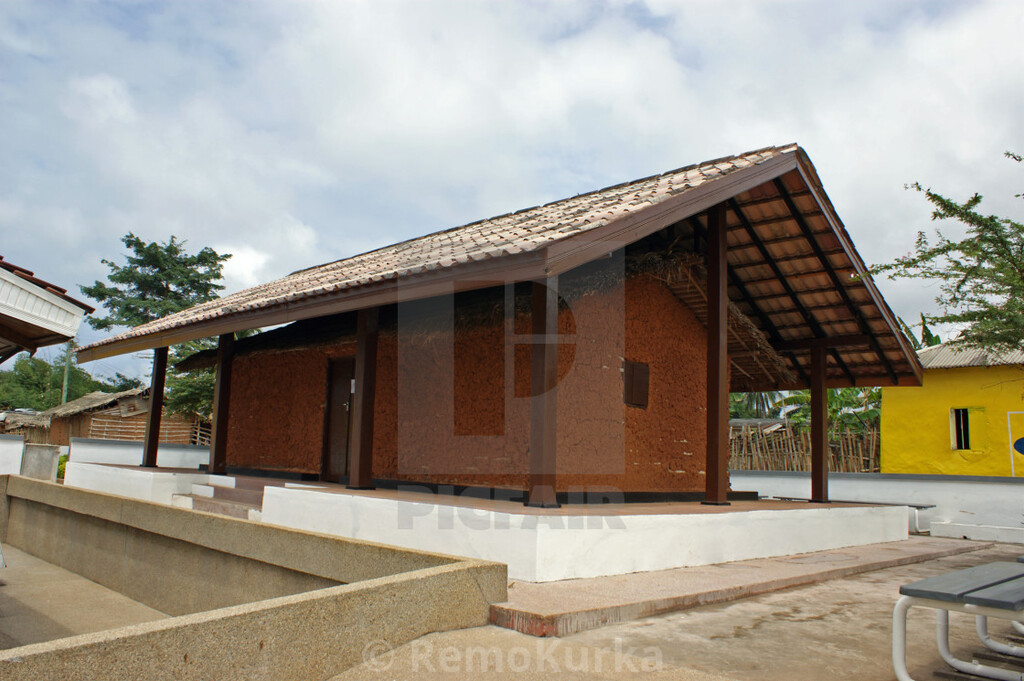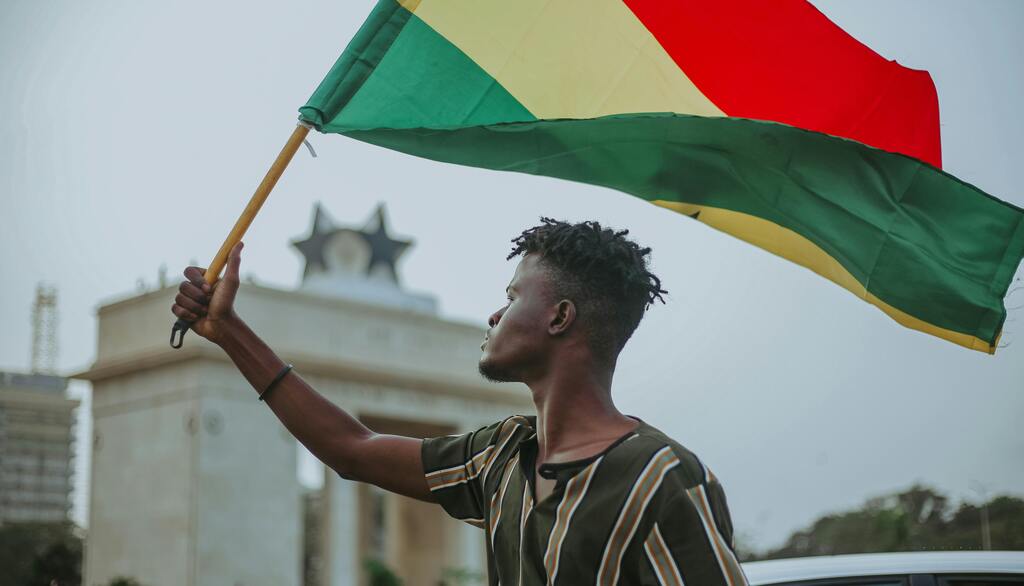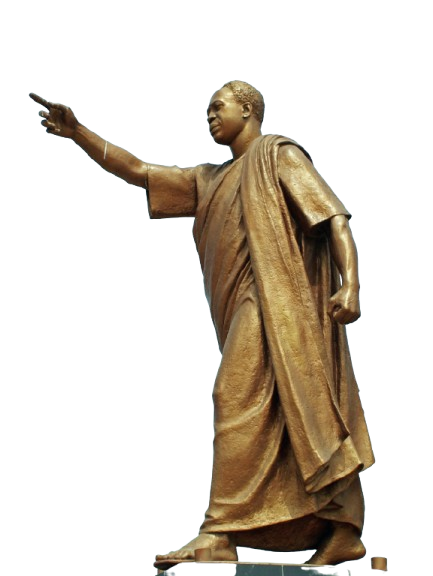Nkroful, Ghana – September 21, 2009 A Century of Legacy: Kwame Nkrumah’s 100th Birthday Celebration in Nkroful
On September 21, 2009, the small town of Nkroful in Ghana’s Western Region came alive with pride, memory, and celebration. It was the 100th anniversary of the birth of Dr. Kwame Nkrumah—Ghana’s first President and a towering figure in African independence movements. Born in this quiet village, Nkrumah would go on to become one of the most influential Pan-African leaders of the 20th century. The centenary celebration in 2009 brought together citizens, dignitaries, and visitors from across Ghana, Africa, and the diaspora to honor the life and enduring legacy of the man many still call Osagyefo, or "the Redeemer."
The year-long centenary was officially launched in January 2009 under the theme “A Life of Struggle; A Vision of Africa Unbound.” It featured a series of activities across the country—public lectures, cultural reenactments, tree-planting campaigns, and exhibitions that reflected on Nkrumah’s vision for a united, independent Africa. The main celebration, however, was reserved for his actual birthday, and Nkroful, his birthplace, became the symbolic heart of the event.
By the morning of September 21, thousands had gathered in the village. The occasion included a durbar of traditional chiefs from the Nzema area, cultural performances, youth parades, and speeches that recalled Nkrumah’s pivotal role in the struggle for Ghana’s independence in 1957. Schoolchildren recited his famous speeches, while local musicians performed songs praising his vision of Pan-Africanism and social justice.
Among the many dignitaries in attendance were Vice President John Dramani Mahama, members of Parliament, political party leaders, and family members of Nkrumah—including his children Francis, Sekou, and Samia. Speaking at the ceremony in Nkroful, Vice President Mahama described the centenary not simply as a celebration, but as a political pilgrimage, urging Ghanaians, especially the youth, to revisit the ideals of patriotism, service, and self-reliance that Nkrumah championed. President John Evans Atta Mills, in declaring the day a statutory public holiday now known as Founder’s Day, emphasized Nkrumah’s lasting contributions to Ghana and Africa, calling on citizens to honor his legacy through unity and national development.
The celebrations in Nkroful were not without their deeper reflections. In the years leading up to the centenary, many residents of the town had expressed concerns that Nkroful had been neglected in national planning, even though it was the birthplace and original burial site of Nkrumah.
The 2009 celebrations helped restore national attention to the village, and there were calls for infrastructure development and better preservation of Nkrumah’s original mausoleum there. The renewed attention to Nkroful was seen as a step toward recognizing its rightful place in the historical and political landscape of Ghana.
The centenary was not confined to Nkroful alone. A big centenary event were held at the Kwame Nkrumah Mausoleum and Memorial Park in Accra, a few days later, where his remains were later reinterred. There, political leaders and citizens from all walks of life also paid tribute through wreath-laying ceremonies, scholarly discussions, and youth-led events focused on African unity and self-determination.
In all, the 100th birthday of Kwame Nkrumah was more than just a national observance. It was a moment of collective reflection on the journey of Ghana, the soul of Africa, and the unfinished work of liberation and unity that Nkrumah so passionately pursued. For Nkroful, the centenary celebration was both a homecoming and a promise—that the legacy of its most famous son would continue to inspire future generations, not only in Ghana, but across the African continent.














